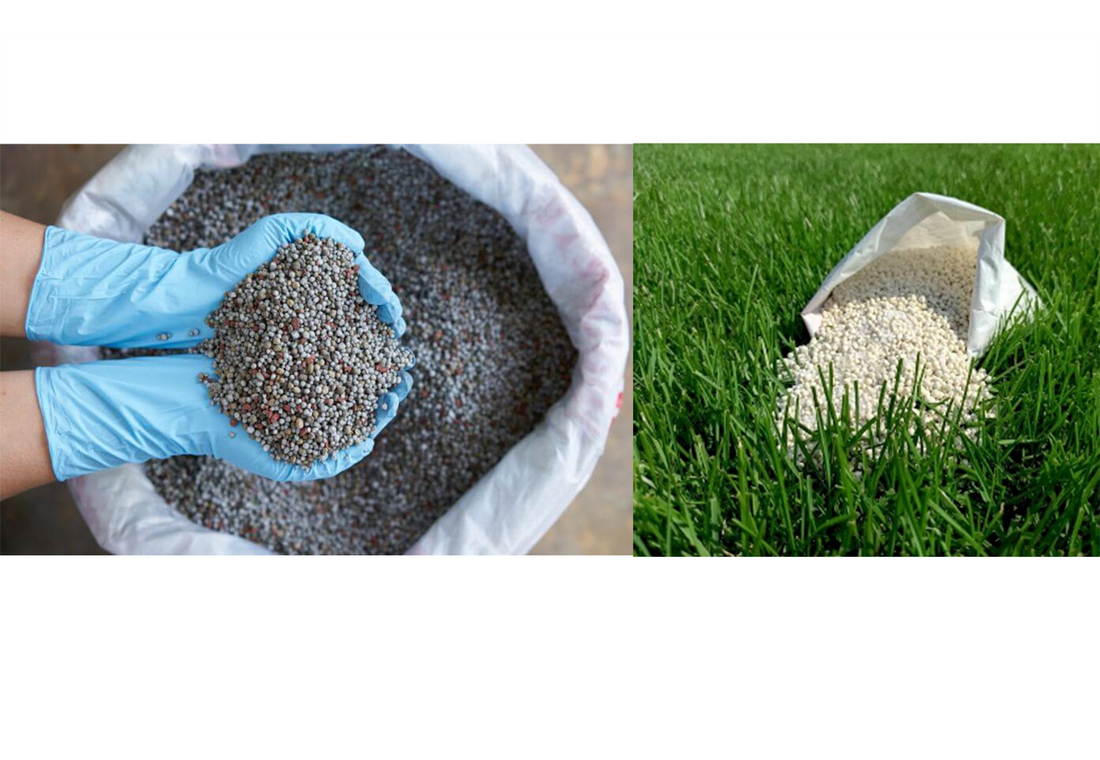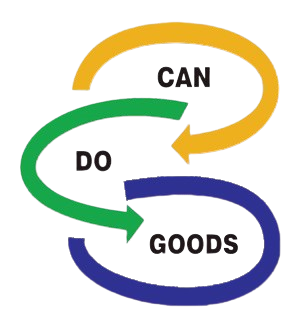
FERTILIZER
Share
The use of chemical fertilizers was very favourable for a long time. In fact, according to the FAO, more than 40% of today’s population would not exist if such fertilisers had not been used.
As we can see, fertilizers are necessary, especially today with the number of people we have. We could not supply ourselves in any other way. Therefore, chemical fertilizers, which are used in intensive agriculture, are the most popular. But it is important to bear in mind that a bad use of this type of fertilizer, or an excess of it, can cause severe problems in the long term.
What are chemical fertilizers?
They are those compounds made artificially from minerals and gasses, created through a chemical process, as their name indicates. On the one hand, there are simple fertilizers, those containing a single nutrient, such as nitrogen, potassium or phosphorus. They are used when only one nutrient is to be added or a higher concentration of another is required.
On the other hand, there are compound fertilizers, made up of several or all of the main nutrients, such as NPK fertilizers. These are used to obtain the best yields or to provide the soil with a better quality of life.
Advantages of chemical fertilizers
If chemical fertilizers are used, it is because of the multiple advantages obtained. These are:
Quick solution to problems: as they act in the short term, this type of fertilizer is very useful in critical situations, when plants do not seem to be developing properly or when there is a shortage of food due to crop erosion.
Soil adjustment: whether the soil has a very high or low acidity level, it can be adjusted with chemicals to get the most out of it.
Increased productivity: the goal of using these chemicals is to get more, better and bigger food. With nitrogen or potassium, injected directly into the soil, you get the best vegetables.
Low costs: compared to the other more natural options available, such as organic or bio-fertilizers, chemical fertilizers have lower costs, but only when using those with only one main nutrient (compound fertilizers are more expensive).
Disadvantages of chemical fertilizers
It is mainly their excessive use that gives chemical fertilizers a bad reputation. The consequences of the overuse of chemicals are as follows:
Increased acidity level: the more it is used the more acidic the soil in which it is grown becomes, which prevents us from planting in it again, or at least for a long period of time.
Water contamination: in particular groundwater, because if high levels of chemicals are used, they can pass through the root and reach the groundwater, thus damaging our health and also future agricultural production.
Overgrowth: Chemicals cause plantations to grow enormously and, if we are not careful, it could increase the crops too much, thus hurting the plant because they have a limit of endurance. Overloading of tissues and roots must be avoided.
Acceleration of climate change: due to nitrous oxide emissions our planet is negatively affected. Environmental phenomena such as acid rain, formed from the combination of nitrogen dioxide (from chemical fertilizers) and sunlight, can occur.
Burning of plants: If we over-apply fertilizer, instead of increasing productivity, we will cause the opposite, thus burning the plant and losing yield.
Damage to living beings: both humans and animals can suffer skin or lung diseases if we are exposed to chemicals, and if we consume water contaminated by nitrates we can suffer methemoglobinemia.
Solutions
There are currently more than 8 billion of us on the planet and, for our survival, the use of fertilizers is necessary as an extra aid to our food supply. However, as we explained, using chemical fertilizers in excess can be a problem in the long term. Therefore, for the proper use of these fertilizers, the right thing to do would be to complement them and even in some cases replace them completely with organic or biofertilizers.
Please contact us for the fertilizer you require.
